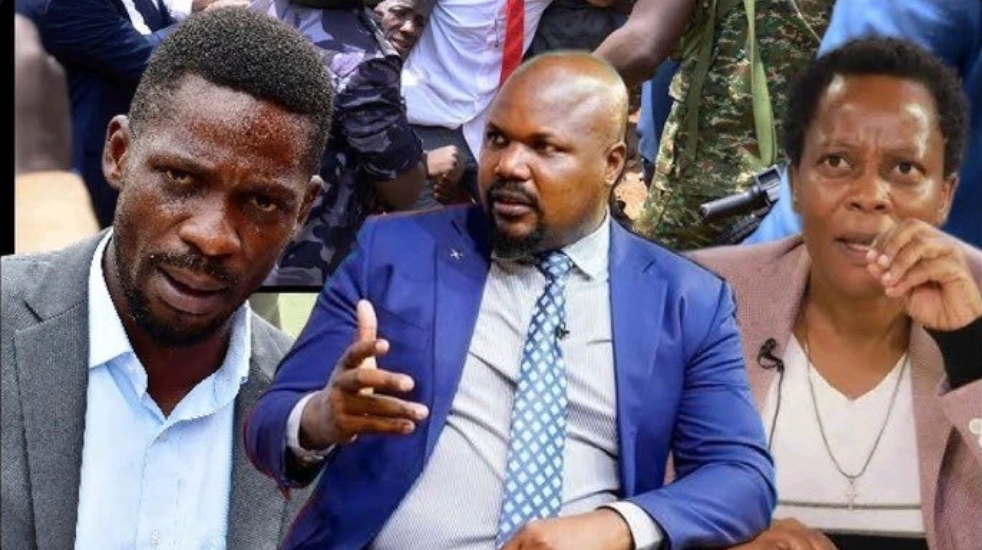I Wanted War With NUP, But PFF Wanted Peace – Munyagwa Reveals Why He Rejected Joining Besigye

Former Kawempe South MP and fiery political figure Mubarak Munyagwa has finally opened up about his decision to distance himself from the People’s Front for Freedom (PFF), a political platform spearheaded by longtime opposition leader Dr. Kizza Besigye.
In a candid and unfiltered interview, Munyagwa revealed that his refusal to align with PFF stemmed from fundamental disagreements over the group's approach to Uganda’s political dynamics—especially its stance on the National Unity Platform (NUP) led by Robert Kyagulanyi, popularly known as Bobi Wine.
Munyagwa, known for his bold and often controversial statements, stated clearly that while the PFF leadership is pushing for a peaceful coexistence with NUP, he personally believes that confrontation is the only way to hold them accountable.
He expressed frustration with what he called "soft politics" and said he had hoped PFF would challenge NUP's dominance in the opposition landscape.
“I wanted a political war with NUP. I wanted us to expose them where they have failed and hold them accountable just like we do with the ruling regime.
But PFF was not interested in that. They chose the path of peace, dialogue, and cooperation with NUP,” Munyagwa said.
The former legislator argued that many Ugandans are disappointed with the performance and internal contradictions within NUP, and therefore expected an alternative force to rise and take them on directly.
However, he believes PFF missed that opportunity by choosing to tread lightly around Bobi Wine’s camp.
He further noted that his decision was not rooted in personal differences with Besigye, whom he still respects as a key figure in Uganda’s opposition struggle.
Instead, he said his refusal to join was driven by strategic disagreements over how best to build a vibrant and effective opposition in a country he claims is facing a democratic crisis.
Munyagwa's remarks have sparked fresh debate within opposition circles, with some viewing his stance as divisive, while others agree that accountability should not be limited to the ruling government alone.
The tension highlights the growing ideological and tactical rift between opposition forces in Uganda, particularly between the older generation of opposition leaders and the younger, more populist figures.
As political temperatures continue to rise ahead of the 2026 general elections, Munyagwa’s outspoken position has once again placed him at the center of Uganda’s turbulent opposition politics. Whether his confrontational approach will gain traction remains to be seen



0 Comments